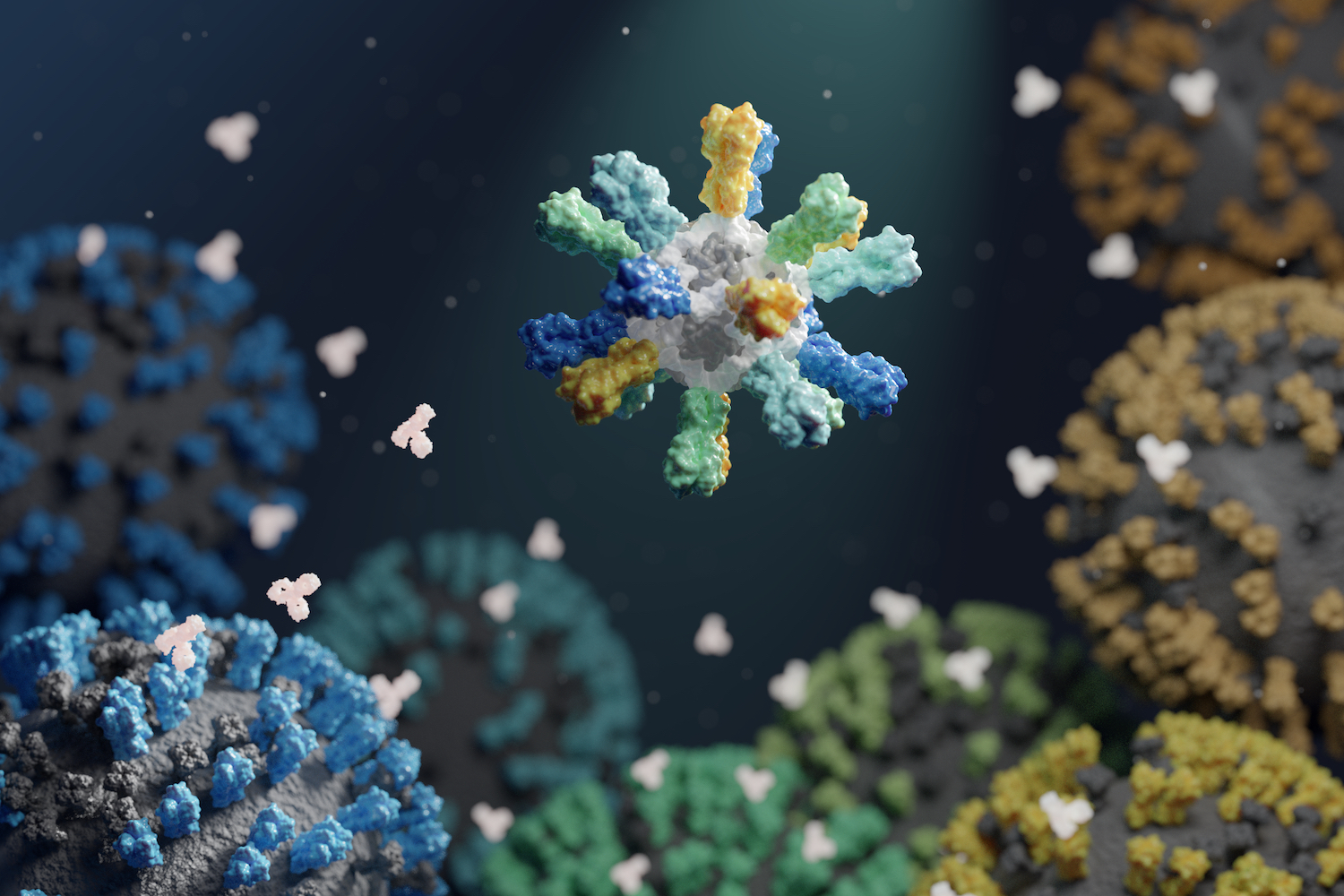Influenza, commonly known as the flu, remains a persistent global health challenge. Despite annual vaccination efforts, the flu virus’s ability to mutate often renders vaccines less effective. However, a groundbreaking development offers new hope for flu prevention. Researchers have reported promising results from primate trials of a universal flu vaccine, which could revolutionize how we protect against this pervasive virus.
The Need for a Universal Flu Vaccine
Traditional flu vaccines target specific strains of the influenza virus, which requires annual updates to match the predicted prevalent strains. This approach has limitations, as mismatches can occur, leading to reduced vaccine efficacy. Moreover, the constant need for new vaccines each year is a logistical and economic burden.
A universal flu vaccine aims to provide broad and long-lasting protection against multiple flu strains, potentially eliminating the need for annual vaccinations and offering more reliable defense against influenza outbreaks.
Breakthrough in Primate Trials
Researchers have developed a universal flu vaccine that targets the interior proteins of the flu virus, which are more stable and less prone to mutation than the surface proteins targeted by traditional vaccines. This innovative approach was tested in primates, and the results are promising.
- Robust Immune Response: The primate trials demonstrated that the universal flu vaccine elicited a strong and sustained immune response. This response was effective against a wide range of influenza strains, highlighting the vaccine’s potential to offer broad protection.
- Safety and Tolerability: The vaccine was well-tolerated by the primates, with no significant adverse effects reported. This is a crucial step in ensuring the vaccine’s safety for potential future use in humans.
- Potential for Long-Lasting Protection: One of the most significant advantages of the universal flu vaccine is its potential for long-lasting protection. Unlike traditional vaccines that may require annual updates, the universal vaccine could provide immunity for several years, reducing the need for frequent vaccinations.
Implications for Public Health
The development of a universal flu vaccine could have profound implications for global public health:
- Enhanced Flu Prevention: With broad and long-lasting protection, the universal flu vaccine could significantly reduce the incidence of flu infections, leading to fewer illnesses, hospitalizations, and deaths.
- Pandemic Preparedness: A universal vaccine would be a powerful tool in the fight against influenza pandemics. By providing effective protection against multiple strains, it could mitigate the impact of new and emerging flu viruses.
- Economic Benefits: Reducing the need for annual flu vaccine production and distribution would result in substantial cost savings for healthcare systems worldwide. These resources could be redirected to other critical areas of public health.
Next Steps in Vaccine Development
While the primate trial results are promising, further research and development are necessary before the universal flu vaccine can be made available to the public. The next steps include:
- Human Clinical Trials: The vaccine must undergo rigorous testing in human clinical trials to confirm its safety and efficacy in people. These trials will provide crucial data to support regulatory approval.
- Regulatory Approval: If the human trials are successful, the vaccine will need to be approved by regulatory agencies, such as the FDA, before it can be distributed for public use.
- Production and Distribution: Once approved, the vaccine will need to be produced at scale and distributed to healthcare providers and the public. This process will require coordination among manufacturers, governments, and public health organizations.
Conclusion
The development of a universal flu vaccine represents a significant breakthrough in the fight against influenza. With its potential for broad and long-lasting protection, this vaccine could transform flu prevention and provide a powerful tool against future pandemics. As research progresses and human trials begin, the promise of a universal flu vaccine brings new hope for a future with fewer flu-related illnesses and deaths.


